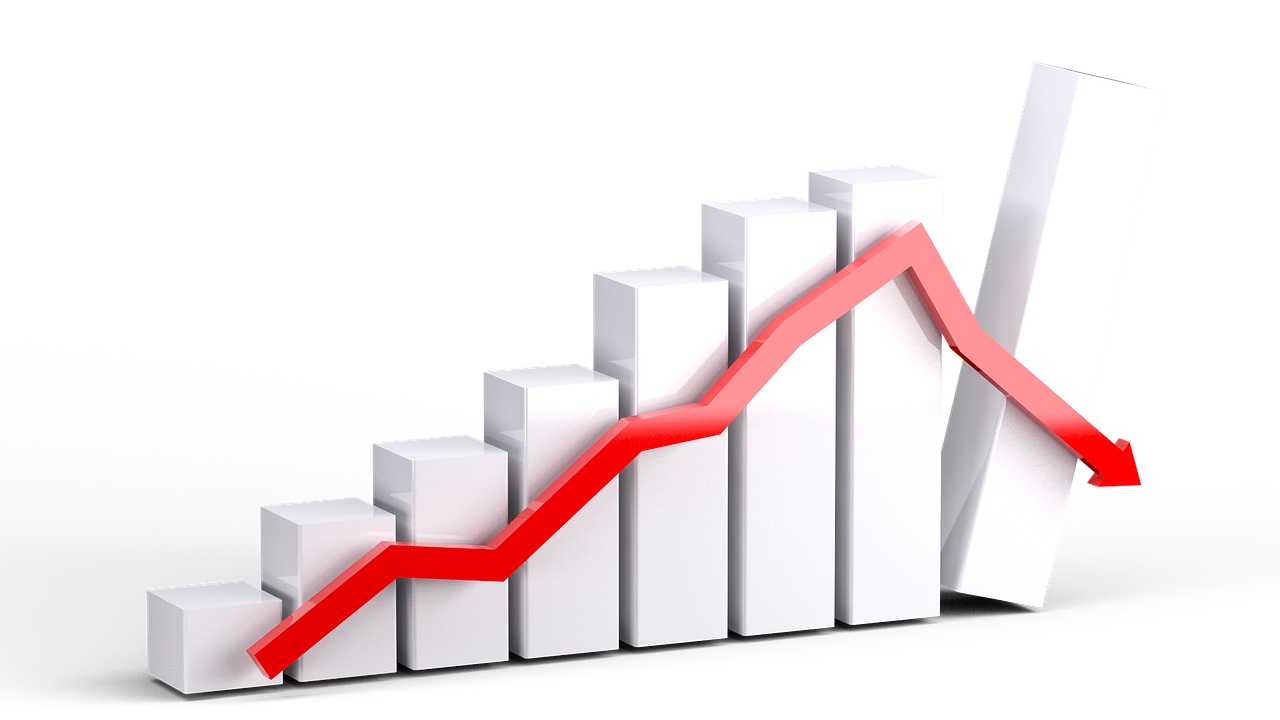Soft Landing? Not so Fast! | SchiffGold

Good news! The recession is off!
For months, economists predicted the Federal Reserve’s rate hikes to fight price inflation would spin the US economy into a recession. But there is a growing consensus that the central bank can slay price inflation while guiding the economy to a “soft landing.”
Economists Bob Murphy and Jonathan Newman say, “Not so fast!”
In a recent episode of the Human Action Podcast, Murphy and Newman explain why a soft landing isn’t likely and point out that this is eerily similar to the calm before the storm in 2008.
Economist at the Federal Reserve recently changed their forecast and canceled the impending recession. Fed Chair Jerome Powell mentioned this during his press conference after the last FOMC meeting.
The staff now has a noticeable slowdown in growth starting later this year in the forecast, but given the resilience of the economy recently, they are no longer forecasting a recession.”
Other economists have also become much more sanguine. As one analyst put it, the economy is “chugging along.”
Newman said it doesn’t appear that they are looking to the future.
They’re jumping the gun on this. They don’t really have a good reason why they have this view that there’s going to be a soft landing except they haven’t seen a hard landing yet. Therefore, we must be having a soft landing.”
The mainstream operates under an economic theory known as the Phillips Curve. Simply explained, under this theory, price inflation is inversely correlated with the labor market. If the labor market is tight, price inflation will necessarily rise. If unemployment is rising, price inflation will fall. Based on the Phillips Curve, the remedy for price inflation is to push interest rates up and tamp down aggregate demand. This will lower prices, but it will also necessarily cause unemployment. As Murphy put it, the mainstream generally believes that “the only way monetary policy can affect prices is going through the labor market.”
As an Austrian [school economist], I would challenge that and say, no, you can have full employment and stable, or even falling prices. There’s nothing contradictory about that. And on the other hand, you could have massive price hikes with high unemployment.”
For example, Zimbabwe had high unemployment even as its currency collapsed.
Murphy goes on to explain that it’s not just his mindset as an Austrian School economist that makes him skeptical of the “soft landing” narrative. There is plenty of empirical evidence pointing to a recession.
Murphy and Newman also point out that there are a lot of similarities between the run-up to the Great Recession and today. For instance, the Fed stopped hiking rates in 2006 at 5.25%. But unemployment continued to fall after that peak rate hike for nearly a year.
In other words, all the reasons that right now they’re saying, ‘OK, we’re out of the woods. We got a soft landing,’ that was true back then as well. It wasn’t that unemployment started rising rapidly. No, they said, ‘OK, we raised rates steadily over the course of a while here. We raised them from 1% all the way up to 5.25%. We’re starting to get CPI under control. This housing bubble is starting to get a little under control. Everything seems great.’ So, my question is would it be fair to say as of late 2006 that the Fed had achieved a soft landing and gotten the housing bubble under control? Most people would say, no. They had sown the seeds for the worst crisis since the 1930s. And likewise, right now, the data are eerily similar to that, and yet everyone is running around talking about a soft landing.”
Newman rolled out some news headlines from 2007.
- IMF Survey; Soft Landing Ahead for US Economy
- Fed Chairman Projects Soft Landing for US Economy
- US Economy on Track for Soft Landing According to the Dallas Fed
- US Inflation Pressures Are Easing and the Economy Should Manage a Soft Landing
What’s funny is you could see these exact headlines today, including some of the taglines, some of the data about interest rates and the unemployment rate. … Of course, in hindsight, we can look at 2008 and 2009 and see there was a major crisis after. So, it seems like people maybe haven’t learned their lesson.”
During the podcast, Murphy brought up a video compilation titled “Peter Schiff Was Right.”
What’s great about it is like in 2006, he’s saying stuff that’s totally spot-on as to what’s going to happen in the next 18 months. And it’s not that the people on the other side are saying, ‘Well Mr. Schiff, I respectfully disagree with your perspective.’ No, they’re literally laughing in his face. That’s how stupid they think he is.”
During the conversation, Murphy and Newman also talk about how the pandemic pushed the recession down the road, the dishonesty of Federal Reserve economists, the mechanics of the 2008 crash and how that informs us today, and current recession warning signs.
Get Peter Schiff’s most important gold headlines once per week – click here – for a free subscription to his exclusive weekly email updates.
Interested in learning how to buy gold and buy silver?
Call 1-888-GOLD-160 and speak with a Precious Metals Specialist today!








